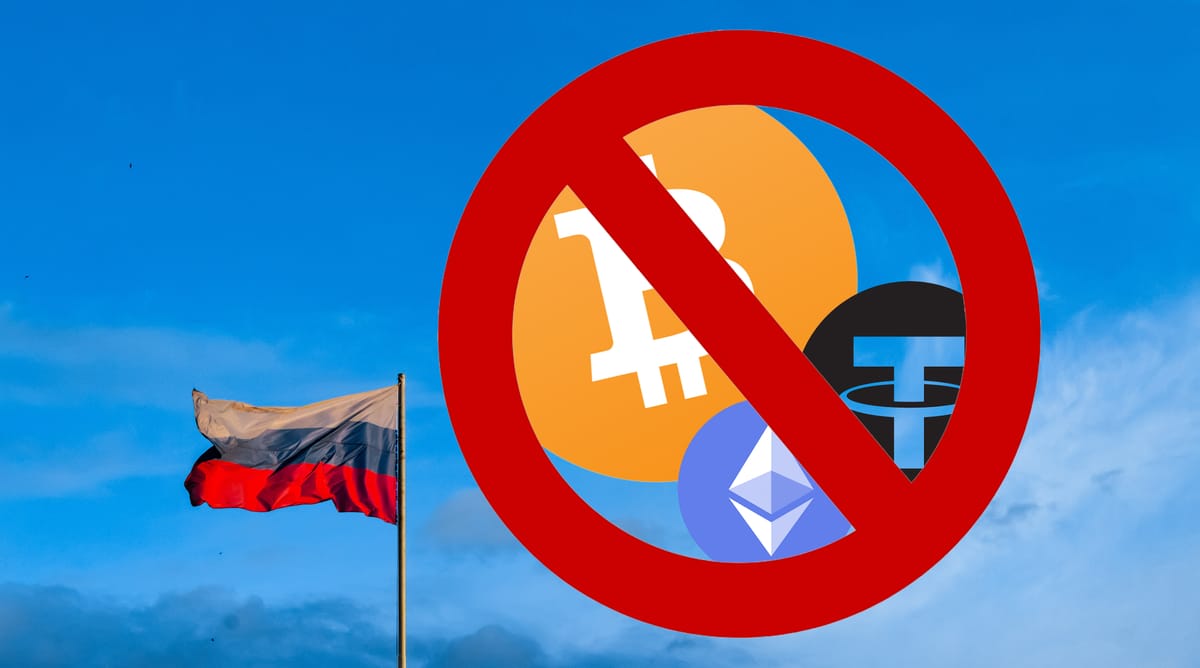
The conflict between Ukraine and Russia has led to multiple holistic sanctions from the Western world. Its impact on the Russian economy cannot be fully estimated yet, but any regular citizen can easily see how this has changed their lives.
Thousands of Russian citizens have fled from the country. The restrictions of using Russian bank cards abroad has considerably increased their interest in crypto transfers, as for most of them now this is the only possible way to use their money outside the country.
Since the beginning of the war, multiple crypto sanctions have been imposed. Some exchanges banned users from Russia and some have frozen their accounts. For example here you can read about Binance restrictions that came into effect this spring.
The previous set of sanctions had limited cryptocurrency payments between Russian to EU wallets of up to 10,000 euros, but the new one aims for an ultimate ban of “all crypto-asset wallets, accounts, or custody services, irrespective of the amount of the wallet.”
The exchanges reacted immediately. Kraken, one of the most popular exchanges among Russians, sent out warning email statements to its Russian customers: “Due to the new European legislation, we have to take measures to restrict your Kraken account.” This, by the way, is surprising as Kraken is based in the USA, and not in the EU. According to cointelegraph.com many other exchanges have issued similar emails. Something like: “Please, withdraw your funds as soon as possible since you would be unable to use them soon”.
There are still smaller exchanges based around the world that continue to work with Russians. For example, OKX is getting more and more popular among them now. But the restrictions are getting tighter as the political situation worsens.
We completely understand why such measures are taken, but we also see this issue as quite controversial: there is definitely no room for decentralisation in these decisions. Perhaps, voting by all customers of the exchange or some other mechanism of decentralised decision-making would be appropriate. How do you feel about that? How do you think exchanges should react to the state requirements?

